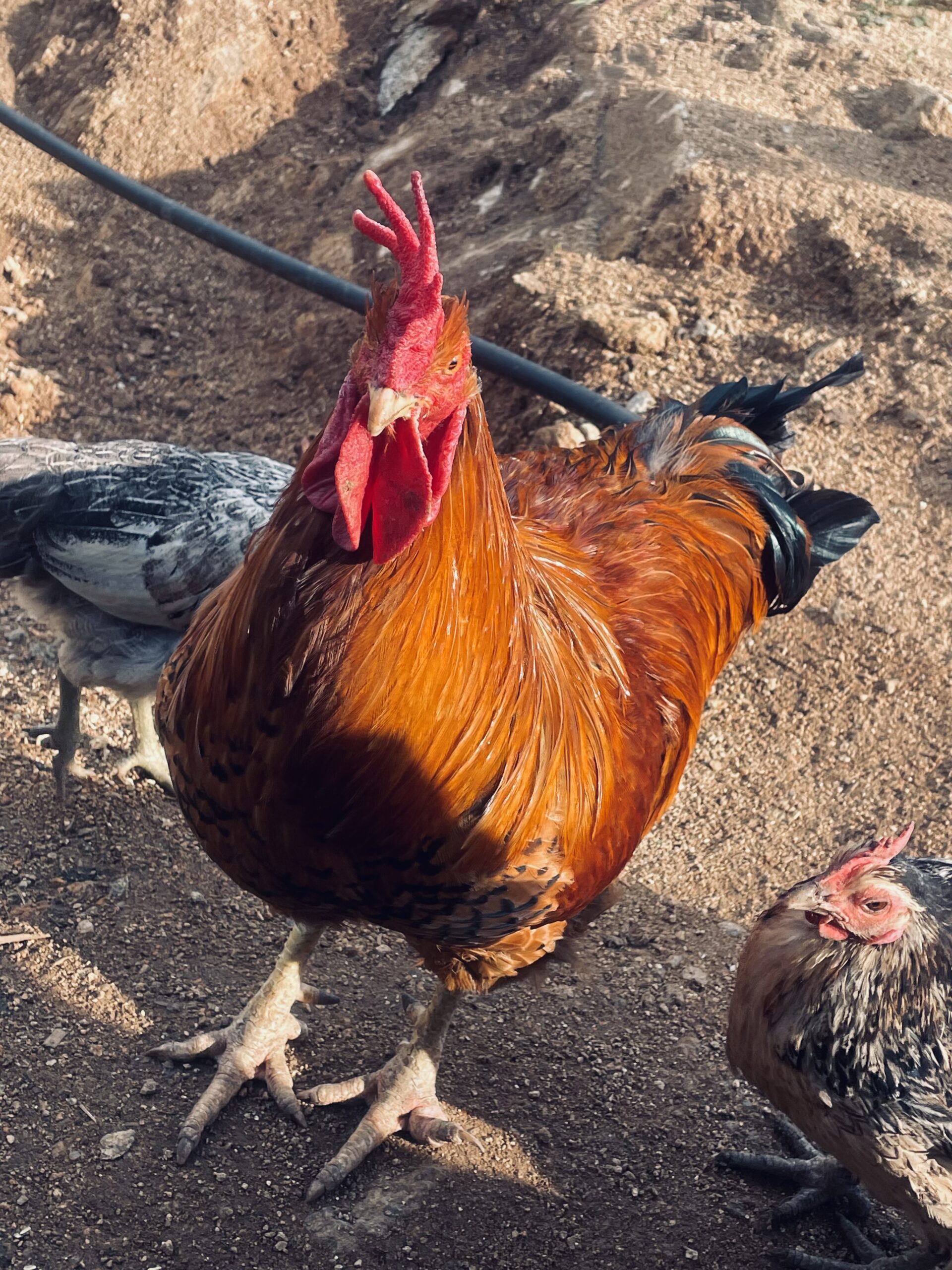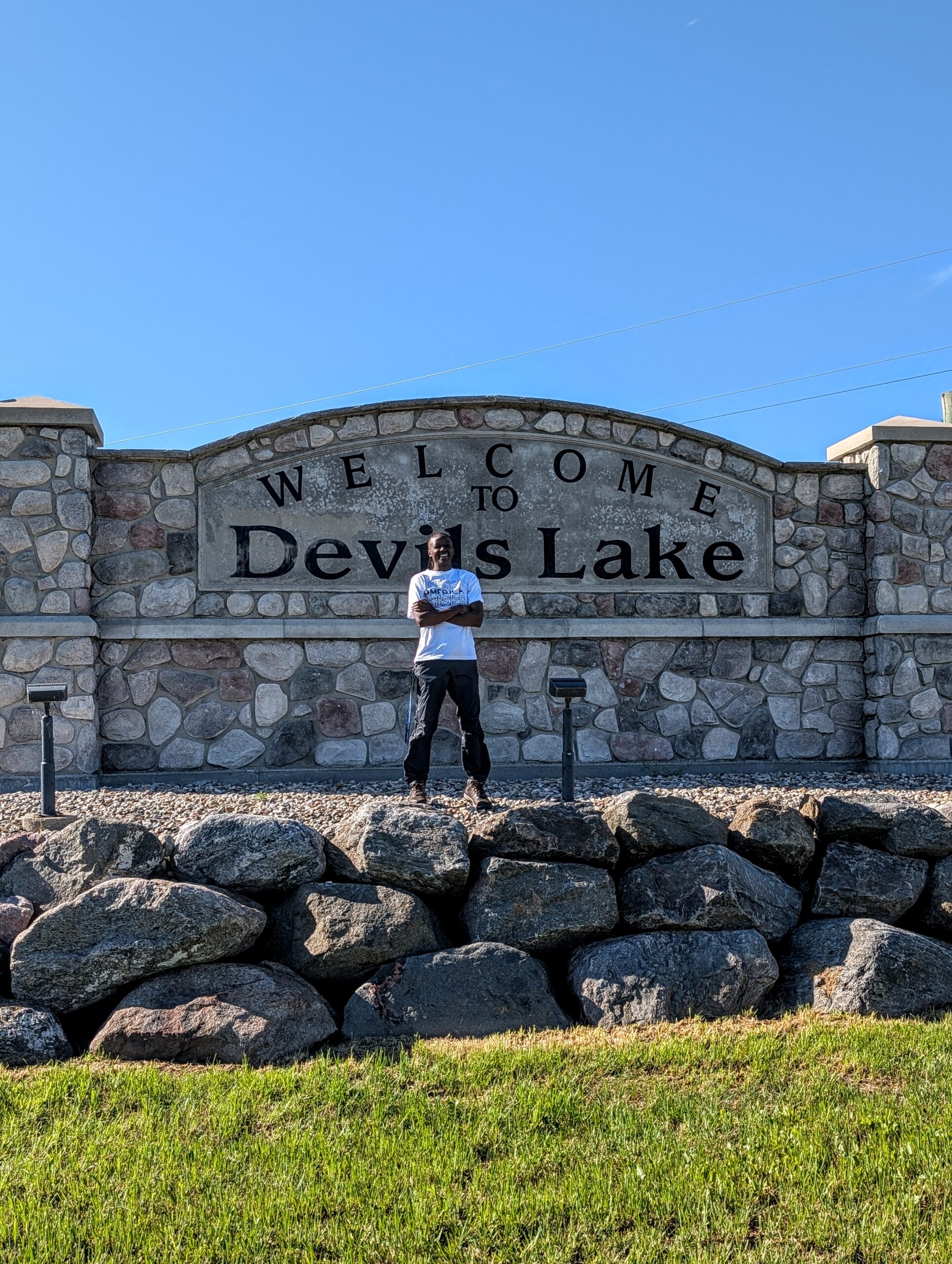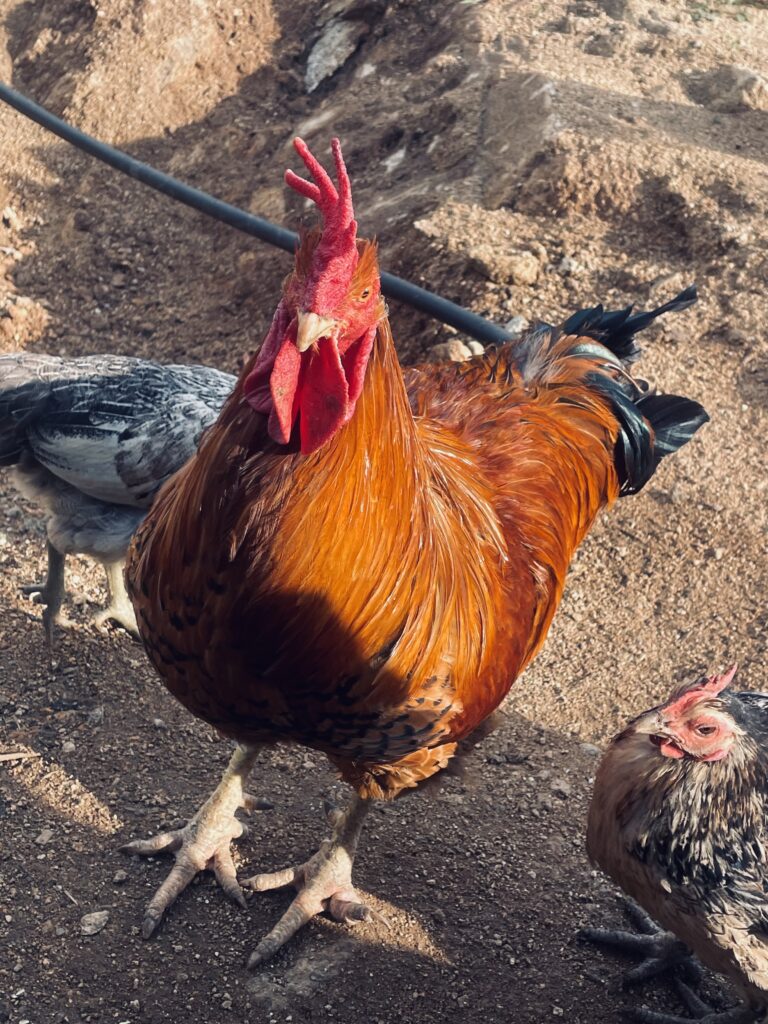
One of the best things the internet has done is the increase in podcasts. Any topic one desires to listen to is available – food, sports, lifestyle, music, culture, travel, books, crime, the list is endless. One day, I aimlessly scrolled through YouTube, wondering what I could listen to as I worked. I found an eye-catching title, “The Immerse immigration of Black Americans back to the continent.” It was an interesting conversation with a lot to pick on and ponder about. The guest on the show was a black American lady who relocated to Kenya and started up an organization to help other Black Americans who desire to return to the continent. I chuckled at one of her responses and how accurately she stated it. The host, Ngugi, asked, “What don’t you like so far?” And she replied, “Kenyan men beg a lot. They stand there and direct you in the parking lot, and the next thing you know, he is at your window asking for money. Apana!” The Apana sounded American even with an effort to blend in. Her irk threw me to the morning I was coming from the farm and home in Sironko, headed to Kampala with around 20 chickens for sale.
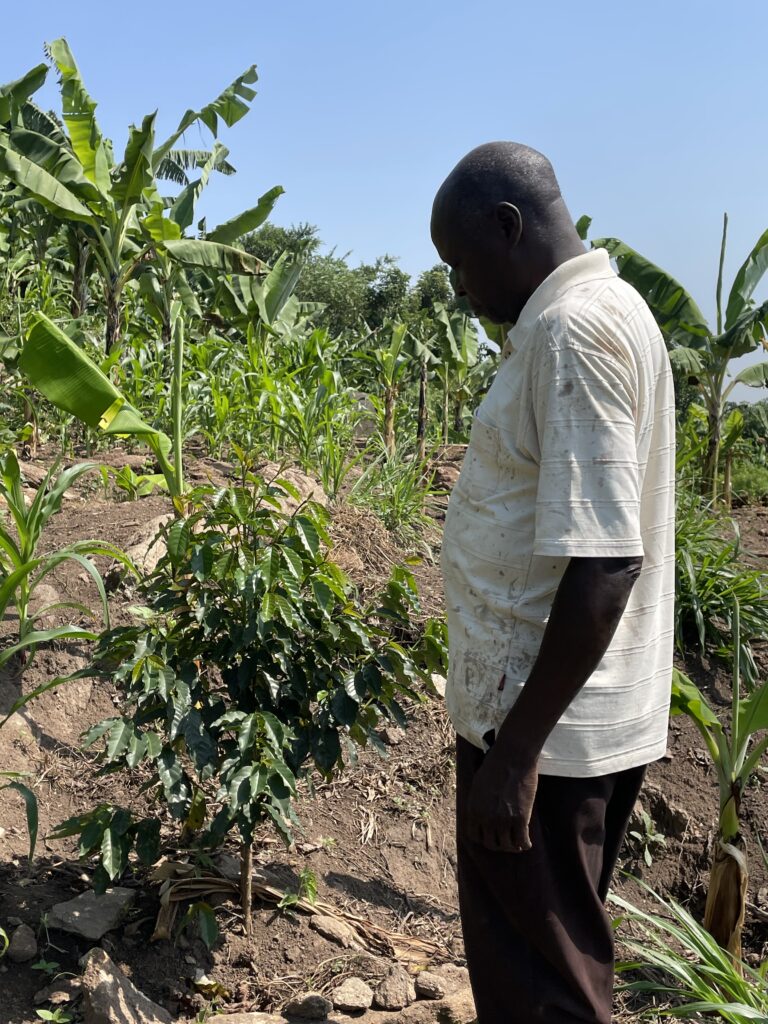
Every time I leave home to head to the city, my parents nearly pack the whole house for me. My mother will suggest, “We can harvest some beans for you to share with your sister once in the city.” My father will add, “I saw the pawpaws are ripening, you should take some.” And immediately it will become an accumulation of things, “I saw the matooke was ready for cutting as I harvested the beans,” or “The egg plants are soon turning yellow so I picked a bag for you,” or “I added some sweet potatoes and pumpkins.” African parents will surely have the best seats in heaven for this much love they pour onto us, their children. By the morning of going back to the city, if I had planned to carry two bags, I would now have to plan for over ten bags.
That one morning, as I prepared to head back to the city, my father and I went out to look for men from the neighborhood to help carry the luggage to the roadside, where I could get a taxi from. One interesting fact about my village, people drink from morning to morning, so it’s not hard to meet someone looking for 1000 UGX or 2000 UGX (less than a dollar) to spend in the bar. As soon as we left our compound, we met a man carrying a hoe (and he reeked of alcohol). Most people are into farming and brick laying, which explained the hoe. We tasked him to get two more men and carry the luggage to the road. Deep in our villages, the roads are usually footpaths. The walk to my home from the main road is approximately 10 – 15 minutes. I went ahead to wait for them at the roadside, and my father proceeded to Sironko town to bargain with a taxi to carry the chicken.
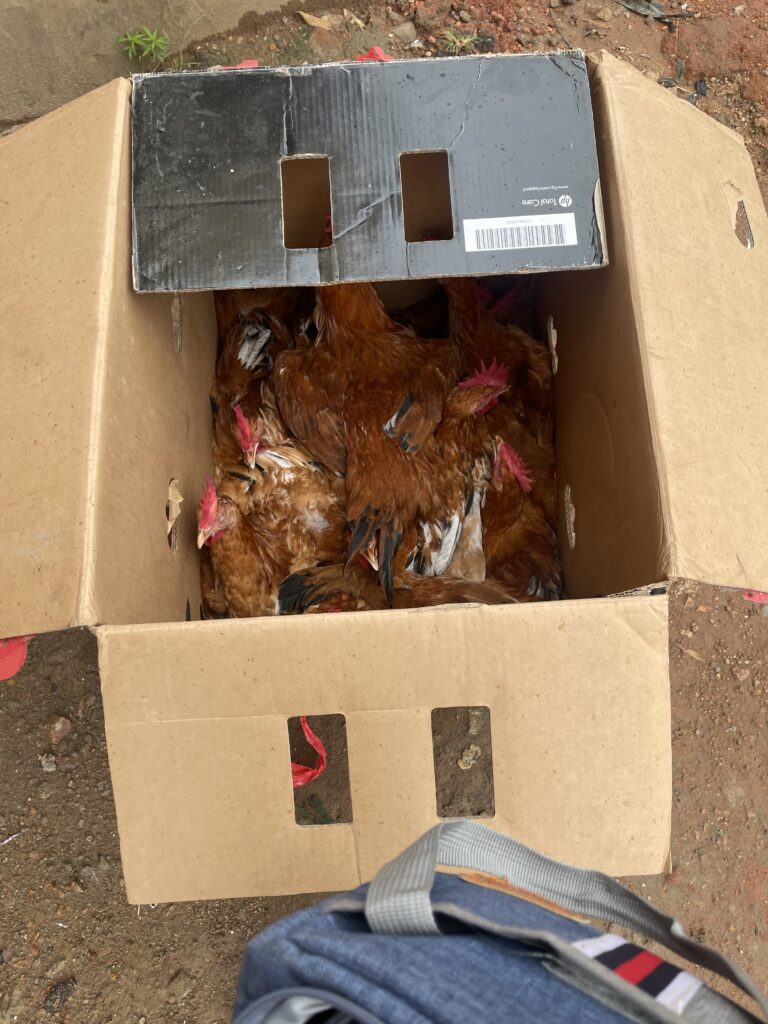
When the men carrying the luggage arrived, I pulled out a bundle of UGX 100,000 ($27), broken down into 10,000 notes. I literally saw saliva foaming on their lips as if they had landed on a gold mine. It was all I had planned to spend for the entire journey. Quick breakdown: UGX 10,000 ($2.78) transport to Mbale, UGX 25,000 ($7) transport to Kampala, UGX 40,000 ($11.11) Uber in Kampala (Kireka to Kira), and at most UGX 15,000 ($4.17) for miscellaneous costs. I would have a remainder of around UGX 10,000 ($2.78).
The men didn’t have changed cash so I walked to a nearby shop in the trading center and broke the UGX 10,000 money into five notes of 2000 UGX (0.5 cents), which was the agreed payment. I returned and paid each UGX 2000 and believed it was all sorted. But one of the men, who also reeked of alcohol, insisted, “Give me more money.” I stared at him blankly, and after an endless banter leading nowhere, he also left. That was UGX 6000 ($1.7) gone from the miscellaneous.
Finally, my father arrived and we boarded a taxi to Mbale. We paid UGX 15,000 ($4.17) (an extra 5,000) because of the chicken. That was UGX 21,000 ($5.8) down. After a 30-minute taxi ride to Mbale, three of my chickens died of suffocation because of faulty packaging. It was a hurtful loss. Once we got to the taxi stage heading to Kampala, we bargained to 25,000 UGX. As we waited for the conductor to tie the chicken above the car hood, a man approached me and whispered, “Give me the dead hens.” I nodded my head in disagreement. He went to my father, who also turned him down. We spent around two hours in that push and pull of taxis as they tried to get clients, but in that time, almost every thirty minutes, a man would pop up from nowhere and whisper either to me or my father, “Give me the dead hens.” Finally, the hens got tied up above the taxi. As we prepared to set off, the man who tied the chicken stood at my window and said, “Pay me 5000.”
I asked him, “For?”
He replied, “I am not the conductor, and I tied your chicken.”
The begging was starting to irritate me. I angrily thrusted the UGX 5,000 into his hands (UGX 26,000 down). Finally, we set off, and I hoped this was the last black tax I had to pay apart from the taxi fare and the Uber.
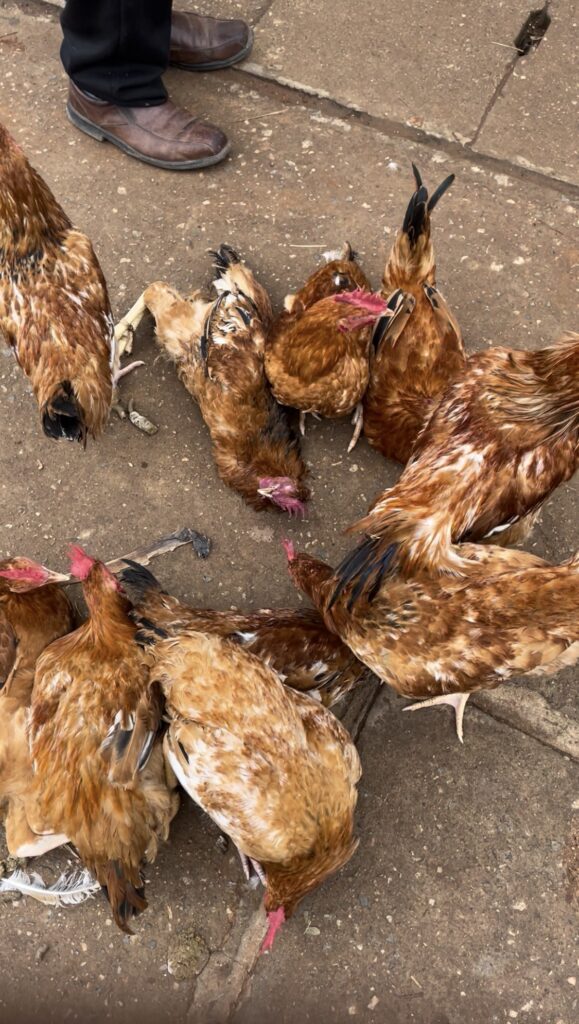
Midway through the journey, the conductor announced, “Send the money,” in the local language. I counted UGX 25,000 and extended it to pay, which he looked at and said, “You are to pay UGX 30,000.” A huge cloud of anger covered me instantly. Before the journey, we had agreed to UGX 25,000 (usually the cost is UGX 20,000, so the UGX 5,000 was for the hens), so where was the extra UGX 5,000 coming from? Thankfully, the driver came to my rescue and informed the conductor that the agreed fare was UGX 25,000 (51,000 was down).
I arrived in Kampala during the evening rush hour. The taxi was headed to the taxi park downtown, so I didn’t have to go all that far since we passed through Kireka, and I would connect to Kira from there. We stopped opposite the Total Petrol Station (that busy junction) and began the process of offloading all my luggage and chicken. A man appeared from nowhere and imposed himself as the porter of the stage.
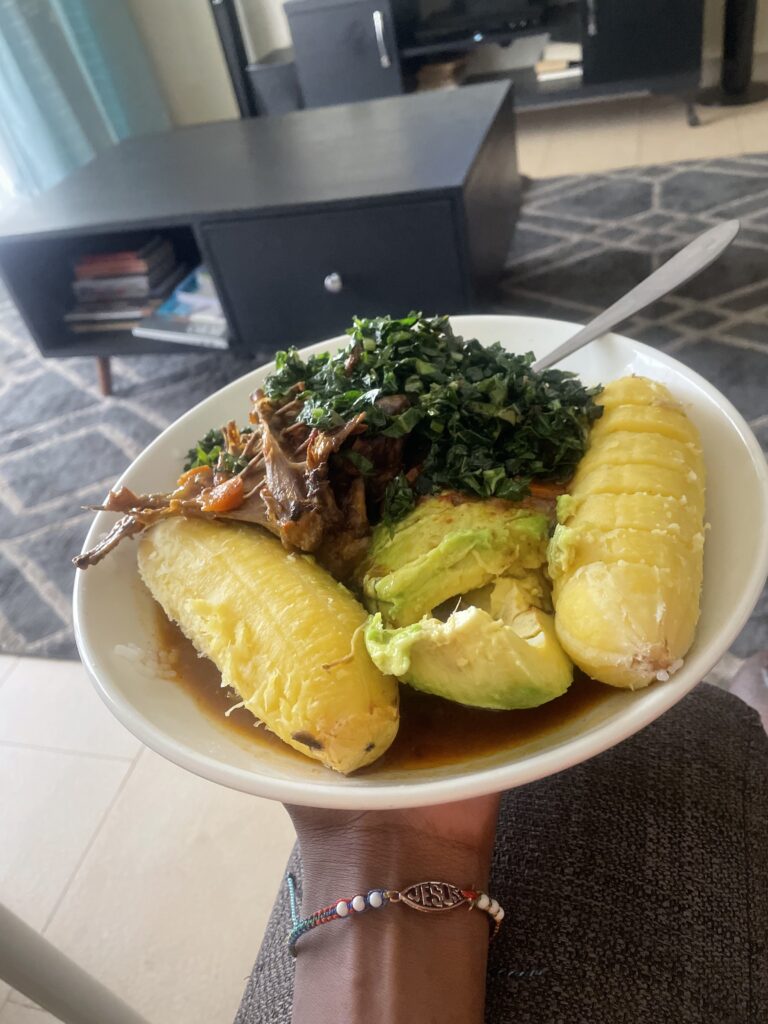
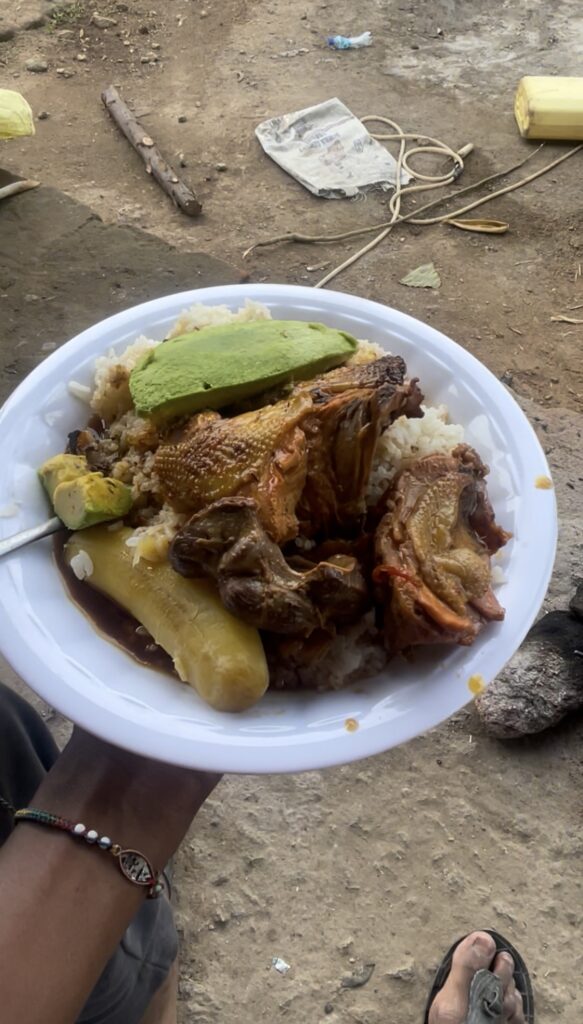
I vividly told him off, “Ssebo, ndeka!”
I was ready to carry my luggage despite the fatigue from the four-hour journey, coupled with the begging I had dealt with. The man adamantly carried the luggage. I was too frustrated and just stood and watched him. Once he was done, he turned to me, “Rasta, give me the dead hens.” I almost screamed in his face, “NO!” But I kept my cool and told him no. He immediately changed his tone, demanding, “Pay me UGX 5,000!” I was so frustrated that I started to laugh.
How much black tax does someone have to pay because they are African, honestly?
He was capable of causing a scene, so I cleared him, and he left to make another person pay black tax. I was left with UGX 44,000. My lovely Uber guy had arrived but was parked two blocks away from where I stood. He immediately swung into action, and we carried my luggage to his black Wish. I had not eaten or drunk anything throughout the journey, so I asked my Uber guy if we could first buy drinks from a nearby supermarket. We walked to one of those mini supermarkets, and I got the shock of my life. I almost swore that day was designed to be against me. We had picked two 400ml Minute Maid bottles, which cost 2,500 each, but at the counter, the teller quoted UGX 8,000 (UGX 4,000 each) for us. I laughed and walked away from the store, announcing to my Uber guy, “We shall stop at one of those big supermarkets along Kireka road.” I didn’t mean to be rude to the shopkeeper nor undermine his business, but I had been ripped off all day, and I couldn’t take in any more rip-offs.
As we sat in the car to leave, my Uber guy said, “The guard wants some money.” That was the end of my reasoning. I asked how much. He replied, “2,000.” I paid the guard for DOING HIS JOB. And we set off for home. I had a balance of 42,000. Just enough to pay for the Uber and buy a rolex.

I arrived home and immediately had to start butchering the hens because I had clients who had ordered chicken and needed it delivered the next day.
When the black American said she was tired of seeing old men begging, I felt her, but I wished someone told her, “You have only experienced that at a stranger level; imagine you were African and experienced the family black tax.” Family black tax is a story for another day, but all in all, in Africa (I hate this generalization, but I will be victim to it because at times our countries behave like one country), if you are budgeting, the miscellaneous should be nearly more than the actual plan. Black tax is real!
Thank you for reading this far. Elizabeth Kisolo, the person behind these blogs, will be releasing a book, Once I Arrived. Through the book, you will get to live either in Uganda or the USA through the characters. She is currently looking for a publisher. Reading and sharing her stories won’t cost you much. Maybe her agent or publisher is in your circles. And don’t forget to subscribe to the blog. Thank you.


